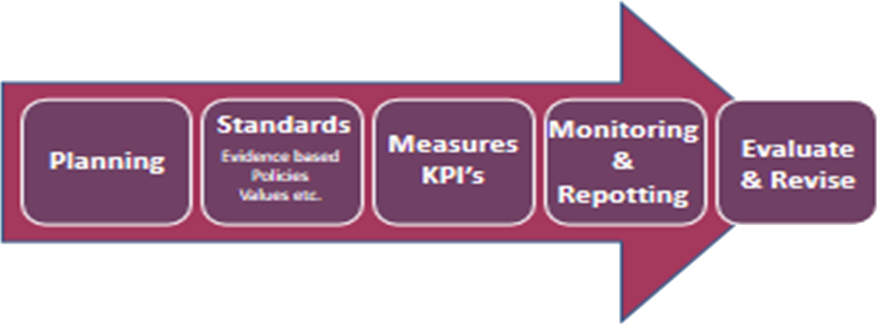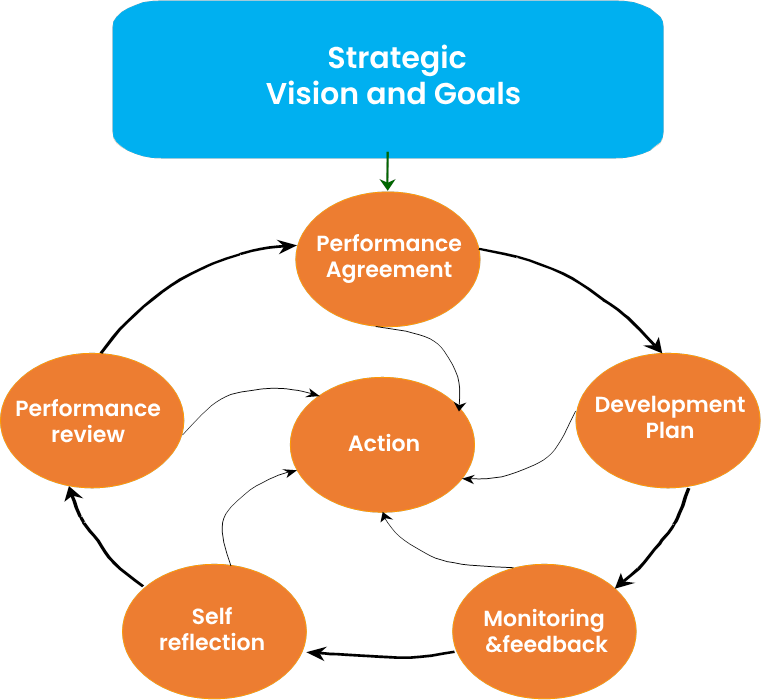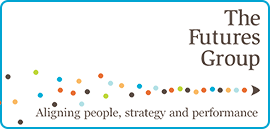Workforce Development-Planning Process and components.

Print ® (Predictive Insight Tool)


Seeing each other’s strengths with greater clarity;
Being able to find compatible perspectives;
Understanding other people’s actions that may not have made sense before;
Being inclined to react less personally or defensively when certain events take place;
Being able to tailor our messages for better buy-in.
96% of people have experienced Shadow Behaviour at work.
Over 65% of performance problems are a result of Shadow Behaviour and 42% of a manager’s time is spent addressing it.
90% of people admit they are less productive as a direct result of Shadow Behaviour and up to 90% of involuntary dismissals are a result of it.
Approximately 70% of executive failures can be attributed to Shadow Behaviour.
50% of people voluntarily leave their job because of Shadow Behaviour in their boss.
Ask us about Print ® and the The Career Requirements for your PRINT ®. A great tool to assist with career transition.
PRINT® and 360

Management and Leadershp Development-Our Coaching Programs
Coaching Option
Description
Program Overview (Format & Features)
Leadership Excellence
(New Heights)
An initial meeting to determine your organisational challenges and objectives;
A comprehensive assessment of your leadership profile and performance;
An insight session to develop your coaching plan and objectives;
90 min coaching sessions to work on your personal development and business goals, together with constructive conversations to help meet new challenges; and
A final evaluation session to determine the level of success and ongoing focus items.
Coaching for Performance Excellence
An initial meeting to determine your role, performance, and objectives;
A comprehensive assessment of your working style and profile;
An insight session to gain feedback and agree your coaching objectives;
90 min coaching sessions to gain new insights, and develop and practice new skills; and
A final evaluation session to determine the level of improvement and ongoing focus items.
First Time Managers (Management Readiness)
An initial meeting to determine your role, performance, and objectives;
A comprehensive assessment of your working style, skills, and performance;
An insight session to gain feedback and agree your coaching objectives;
90 min coaching sessions to work on your development goals, and have constructive conversations to meet new challenges; and
A final evaluation session to determine the level of improvement and ongoing focus items.
Facing New Challenges (e.g., Cultural Transition)
The program comprises of:
An initial meeting to determine your role, challenges, and objectives;
A comprehensive assessment of your working style and skills;
An insight session to gain feedback and agree your coaching objectives;
90 min coaching sessions to work on your development goals, and have constructive conversations to meet new challenges; and
A final evaluation session to determine the level of progress and ongoing focus items.
Performance Coaching (Remedial)
An initial meeting to determine your performance, challenges, and objectives;
A comprehensive assessment of your profile and performance;
An insight session to gain feedback and agree your coaching objectives;
90 min coaching sessions to work on your development goals and monitor progress; and
A final evaluation session to determine the level of progress and ongoing focus items.
Management and Leadershp Development-Our Coaching Programs

Workforce Planning and Development

The central role of values



Performance Management, Development and Accountability

A Few Reasons Why You Should Choose Us
We seamlessly merge two key components – Our professional HR consulting skills and experience with our strong practical business acumen to partner organisations to achieve meaningful solutions.
A different way of thinking, both inside and outside the box.


